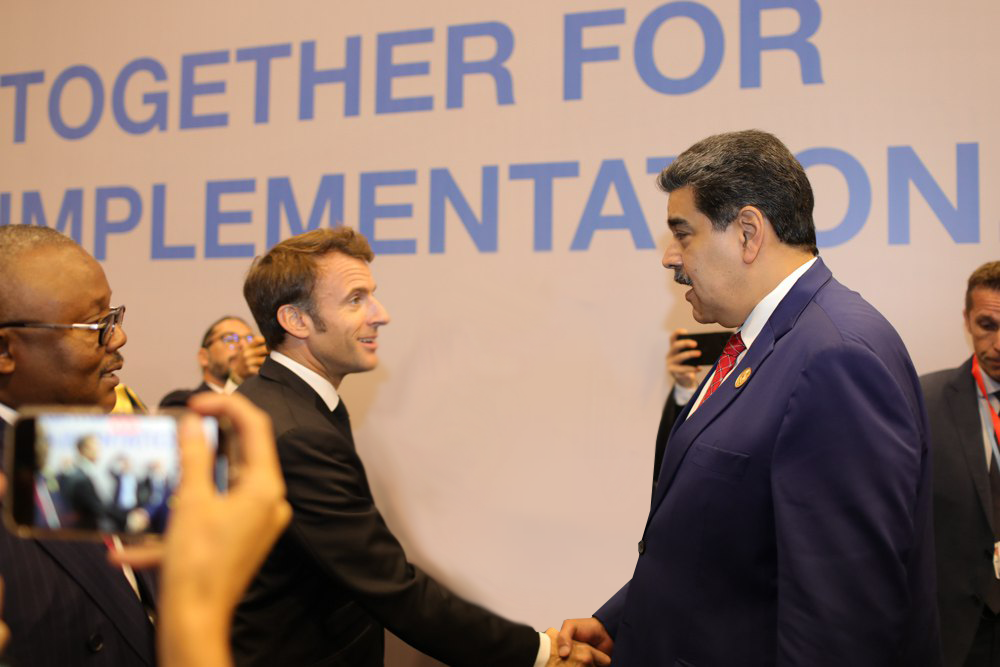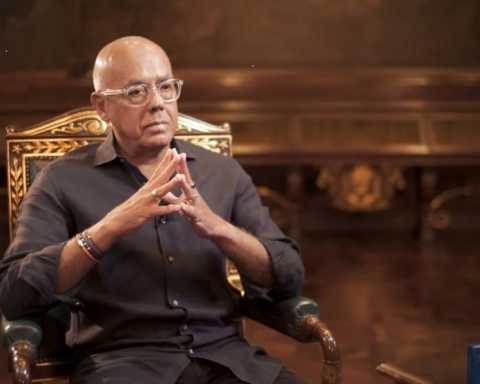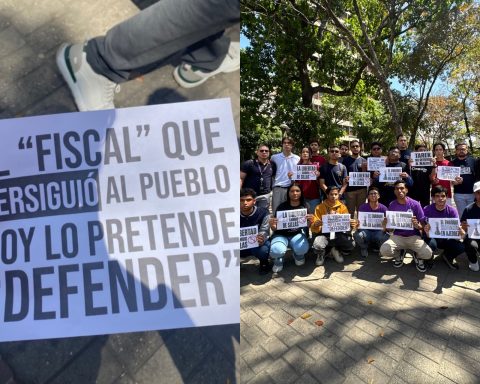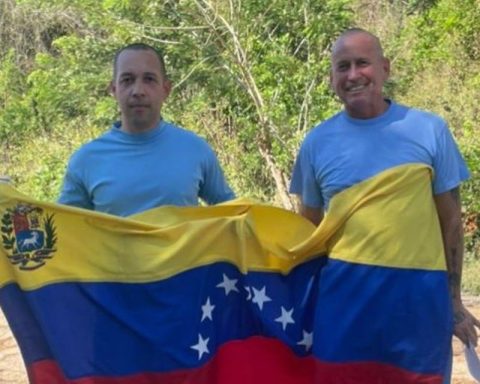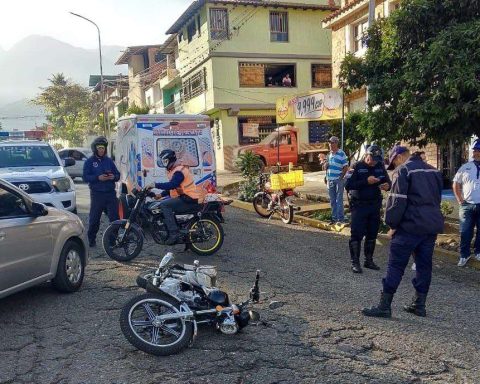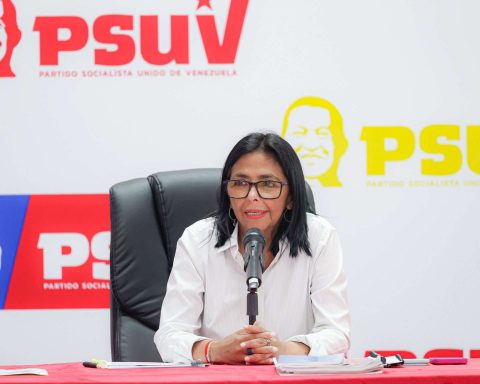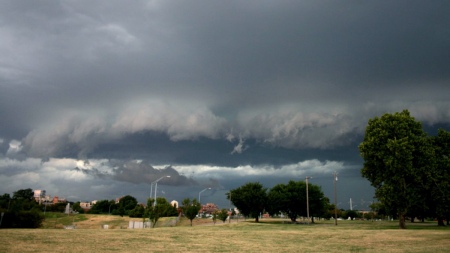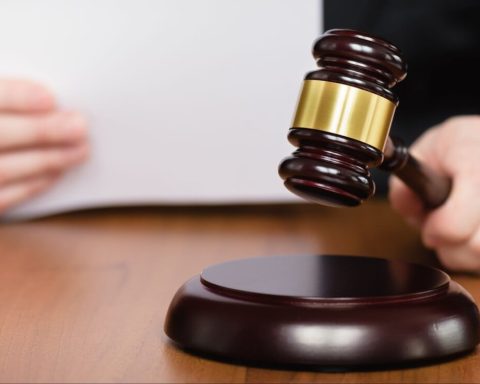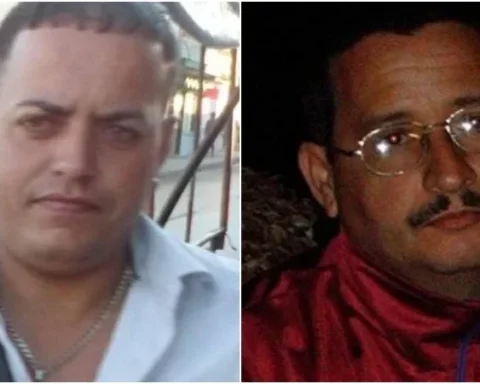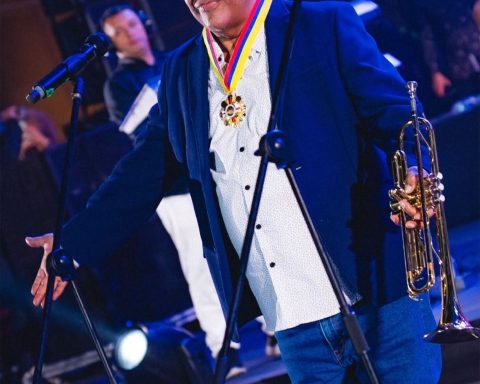The handshake with Emmanuel Macron, President of France, as well as the pleasant conversation he had with the Portuguese Prime Minister António Costa, have resonated around the world as a sign of Europe’s growing interest in resuming bilateral relations with the Government of Venezuela. led by President Nicolás Maduro.
“I would love it if we could talk a little more and we could start useful bilateral work for the country and the region,” were Macron’s words when shaking hands with Maduro, to whom he insisted on the need to talk noting that “President, once this is over I am going to call you”.
Macron’s gesture of rapprochement was joined by the Prime Minister of Portugal, who after greeting the Venezuelan president and his wife, deputy Cilia Flores, briefly commented on the situation his country is going through as a result of the inflation generated by the increase in oil and gas.
“Balanced but not easy. With the cost of oil and gas, all this is a problem, but we are gradually managing things, ”he said.
Failure of the Guaidó plan
The rupture of diplomatic and commercial relations between Venezuela and the European Union (EU) arose after the implementation of a plan led by the United States that consisted of a policy of maximum economic pressure and diplomacy against the Government of Venezuela and the recognition of a parallel government in order to provoke the so-called “regime change”.
This strategy, led by the late administration of Donald Trump, had the unrestricted support of the European leadership, which proceeded to disregard the judiciary of Nicolás Maduro and the imposition of sanctions that even led to the prohibition of Venezuelan officials from entering their countries.
This adventure that began on January 23, 2019 with the self-proclamation of former deputy Juan Guaidó as “interim president”, has been in sharp decline as a result of the failures of destabilizing plans that sought a change of government by force, such as the weak attempted military coup of April 30, 2019 known as “the blow of the bananas” and the attempted mercenary incursion on May 3, 2020 along the coast of La Guaira.
As time has passed and in the midst of constant complaints of misappropriation of funds by the so-called “interim”, added to an evident lack of popular support, this plan that according to Financial Time has due date in January 2023has been excluded from the agenda of the leaders of European nations who are willing to talk with President Maduro and start talks with the aim of normalizing the disrupted relations.
Prevalence of interests
This rapprochement with Venezuela comes amid a growing climate of economic crisis in the old continent as a result of its intervention in the armed conflict between Russia and Ukraine.
The imposition of sanctions on the Russian Federation by the European bloc, especially aimed at gas and oil, have caused an increase in these hydrocarbons due to their energy dependence on the Eurasian giant, which supplied 40% of the demand.
This reality that puts them on the edge of an energy crisis that is already beginning to show its first signs and that is expected to reach its peak in the coming winter, has forced the European leadership to look for supply alternatives in the energy market.
Iran and Venezuela are the names of the nations that have been included in the list of possible suppliers to replace Russian hydrocarbons, for which European leaders are lobbying to convince the United States to “soften” the “sanctions” scheme weighing on these countries in order to guarantee that their oil and gas are once again offered on the international market.
“We need the producing countries to pump more exceptionally,” says a statement from the French presidency where they add that “Venezuelan oil must also be able to return to the market.”
This letter where the objective of the French presidency is revealed, was raised in the middle of the G7 Summit where President Macron approached his American counterpart Joe Biden to point out the urgency of making decisions on energy in the face of the inability to replace oil and Russian gas without the support of producing countries such as Venezuela and Iran.
“I had a conversation with MbZ (Sheikh Mohammed bin Zayed al-Nahyan). He told me two things: That I am at the maximum, at the maximum (of production capacity), this is what he says, and then he said that the Saudis can increase by 150 (thousand barrels per day), maybe a little more, but they don’t have great capabilities,” Macron told Biden before being interrupted and asked to speak out of camera range.
France paves the way
All this panorama of the growing European need for resources, as well as the failure of the “interim” plan and the setbacks suffered in the regional political sphere with the victory of left-wing candidates, were made visible by the French president during his brief conversation with his counterpart. Maduro, who pointed out that France could play a very positive role in this new reality.
“The continent is putting itself back together and there is a path that we can achieve,” Macron points out, obtaining as a response from President Maduro that “France has to play a positive role there” and points out that the president of the National Assembly and head of the delegation of the Government of Venezuela for dialogue with opposition extremism, deputy Jorge Rodríguez, will attend the Paris Forum on Peace.
It was on this stage that this Friday, with Emmanuel Macron at the helm and with the presence of Presidents Alberto Fernández of Argentina and Gustavo Petro of Colombia, the first meeting of the delegations of the Venezuelan Government and the opposition extremism represented in Gerardo Blyde, where the resumption of the Mexican dialogue is sought after being suspended after the kidnapping of the Venezuelan diplomat Alex Saab by the United States Government in October 2021.
In this new rapprochement, one of the main issues is the end of the blockade against Venezuela, according to President Petro, an action that, as he has repeatedly stated, is of great interest to Europe, which, with France at the forefront, seeks ways to resume a bilateral agenda with President Maduro that guarantees the reestablishment of commercial relations where oil and gas play a fundamental role.
